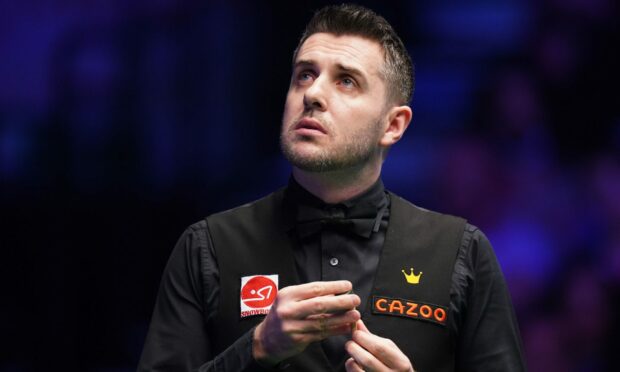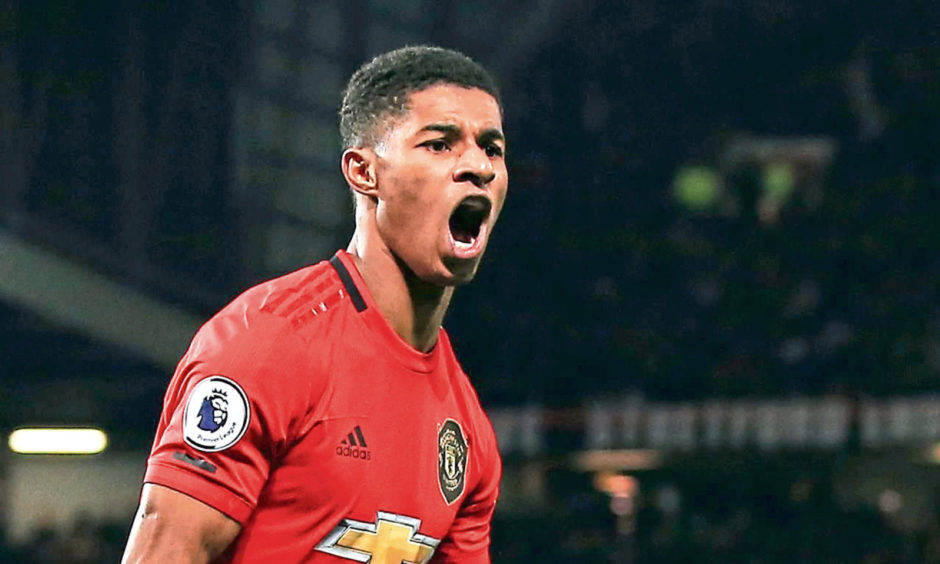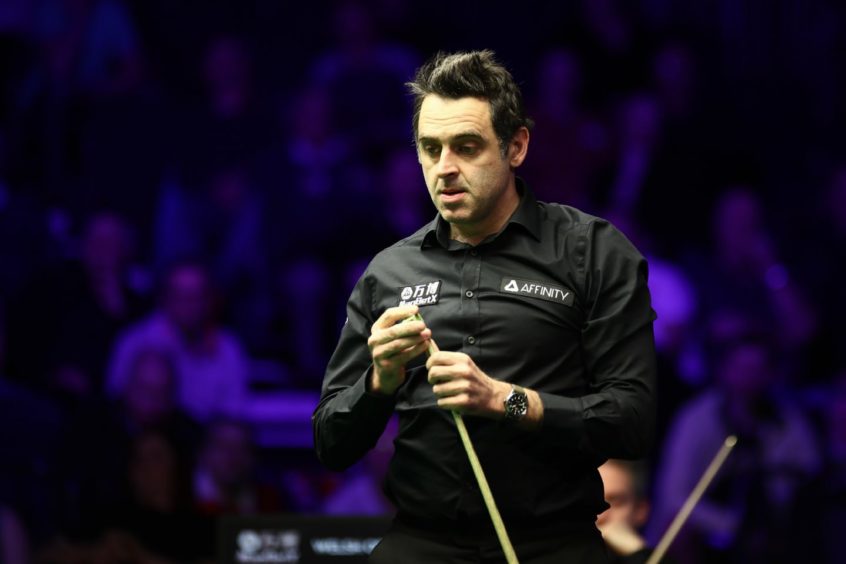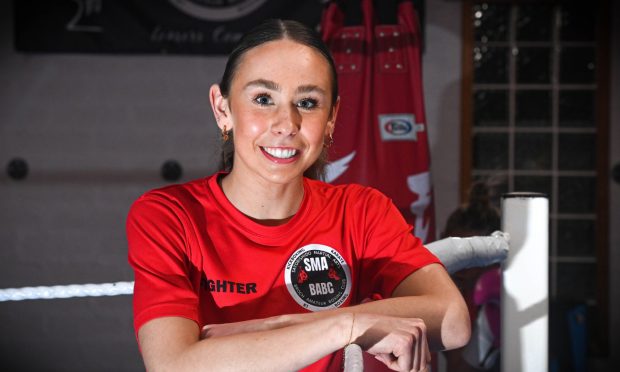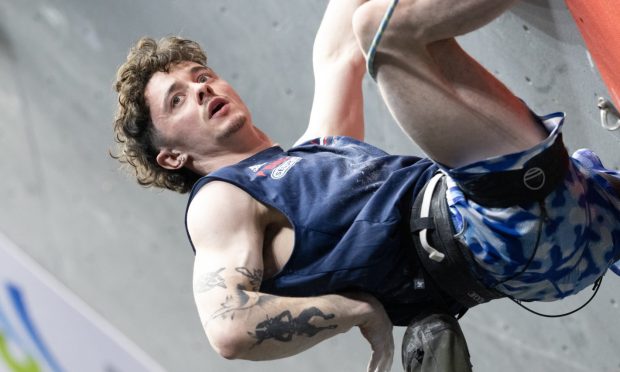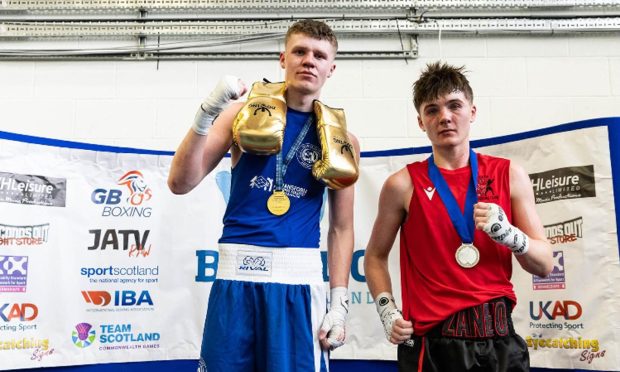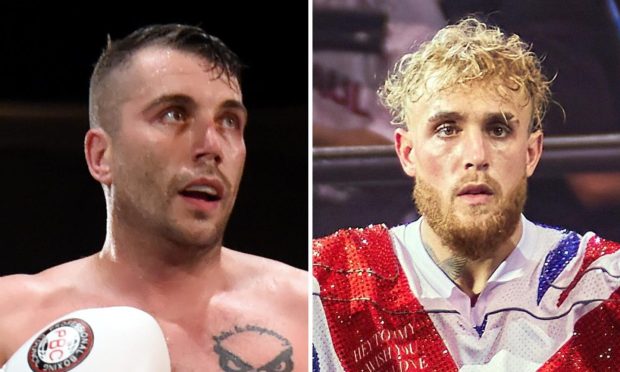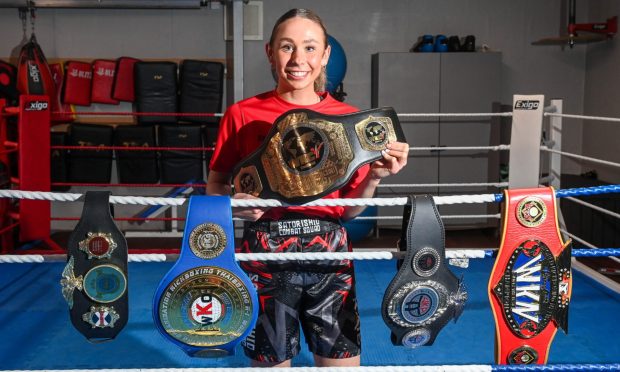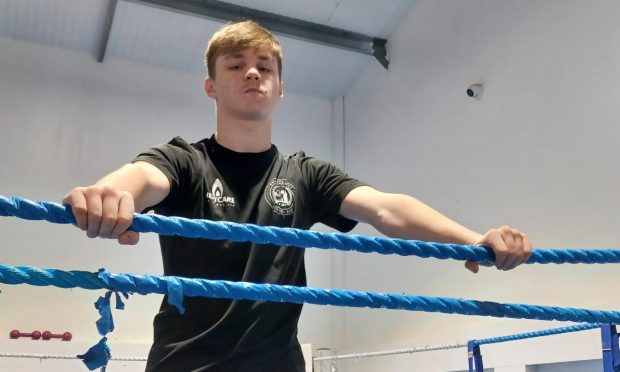There’s one opponent who can’t be beaten in sport. It doesn’t matter whether you are Tiger Woods or Roger Federer, Cristiano Ronaldo or Serena Williams, all the triumphs and titles in the world won’t save you from the clutches of Old Father Time.
As life advances, what used to happen naturally becomes more laboured and what used to be a stroll in the park becomes a gruelling marathon into the teeth of a gale. So it’s hardly surprising that the number of elite performers who have admitted to struggles with mental health issues is on the rise.
The blight of depression doesn’t spare anybody and doesn’t discriminate. It can creep up on those blessed with physical strength and flatten them into numbing oblivion. Or strike on the inside even when somebody, superficially, seems to have everything they might crave in their chosen pursuit.
A lot of cricket’s supposed cognoscenti were surprised when Ben Stokes announced he was taking a break to try and deal with his mental health problems last year. The response from some people was sadly predictable, amounting to the critique: “He’s rich, he’s famous – what’s he got to be worried about?” They didn’t tell the England all-rounder to unveil his stiff upper lip and memorise Kipling’s If, but it was a damned close thing.
Mark Selby, the world snooker No 1, has never seemed comfortable with the limelight or the wholly inappropriate nickname “The Jester from Leicester”. But there again, he was abandoned by his mother at the age of eight, lost his father to cancer when he was 16, and contemplated suicide after the latter.
Now, at 38, he is struggling again and opened up about his issues after being thrashed 6-1 by Barry Hawkins at The Masters tournament last Friday. It was one of his poorest displays in recent memory and his shoulders slumped as he hurtled down a cul de sac of vulnerability and elementary errors.
Later, he apologised to his family, friends and fans for “letting them down” and admitted he was “mentally not in a good place at the moment”. But it was the language he subsequently used which testified to one of the great truths in these matters. “Trying to bottle it up and put a brave face on is not the way. I promise I will get help and become a better person”.
He didn’t need to explain his actions; it was all there in Selby’s blank-eyed, haunted-looking manner as he toiled to master the basics of a game which he has dominated for many years. But that’s one of the curses for anybody in an individualistic pursuit, such as golf, tennis or snooker.
There are no teammates to help you, no trainers or coaches waiting in the corner with Churchillian speeches, no hiding place when the wheels fall off.
In the past, those who endured such setbacks could escape after their ordeal and seek solace in the bosom of their loved ones. But, long before Selby had left the arena, social media was pouring bile and vitriol on his head in a feeding frenzy which showed how it’s the modern equivalent of the stocks.
The chairman of the World Professional Billiards and Snooker Association, Jason Ferguson, has offered his support to Selby and anybody else who requires assistance in boosting their self-esteem, but, while governing bodies are waking up to their responsibilities, there is only so much they can do.
In the last fortnight, I’ve noticed vile Twitter abuse being directed at everybody from Marcus Rashford to Rafael Benitez, while Nicole McPhee, the captain of the Stenhousemuir Ladies team, was subjected to horrible misogyny and sustained trolling after her team was thrashed 14-1 by Rangers.
We have reached the stage where those who thrive on this toxicity should not be allowed any platform to vent their poison – and I’ve no problem with Twitter, for instance, forcing users to provide a valid email address and accepting terms and conditions – yet there is scant prospect of that happening.
So, it’s fine to label others as “useless”, “pathetic” and much worse? And then we wonder why so many folk, especially youngsters, are feeling vulnerable, lacking in self-worth and occasionally wonder if life is worth living.
Selby, at least, is being backed in his battle. But I still recall Ronnie O’Sullivan telling me of how he had threatened to spiral out of control at the start of his glorious snooker career after he burst onto the scene in the early 1990s.
Snooker is the better for Rocket Ronnie’s pyrotechnics and return to No 1
This “Rocket” was never taking any conventional journey or not after his dad, Ronnie snr, was given a life sentence for murder in 1993 and he has fought with his demons and relied on antidepressants to improve his mood.
But, of course, pills and tablets can only provide so much relief. They can’t turn back the clock or prevent the gradual decline of any player’s powers.
O’Sullivan explained: “A lot of people have said over the years: ‘He’s up and down’, or ‘He’s unstable’, but I’m not. I always call it ‘snooker depression.’
“Playing, competing and enjoying wasn’t enough. I had to keep winning.”
This relentless, perfectionist streak is the mark of any champion, but it often comes at a price. And, as Selby is discovering to his detriment, potting the black ball can often prove easier than sinking the black dog.
